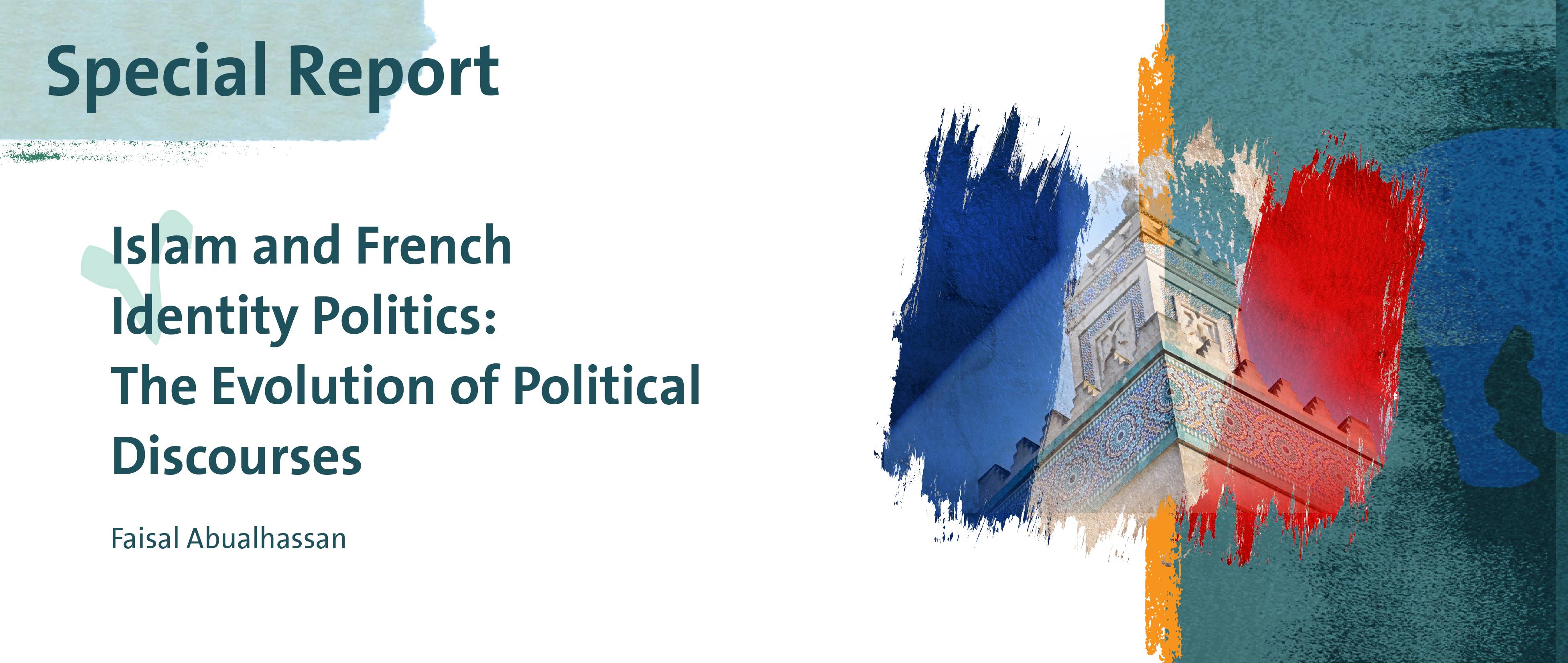Islam and French Identity Politics: The Evolution of Political Discourses
The French state’s response to demands from segments of the population descended from North African and West African immigrants has increasingly been framed by the discourse of the twenty-first century’s global war on terrorism. However, the exclusion of certain segments of French society viewed (solely) as “Muslim” is the result of various failed projects of the French state itself. This commentary, which follows a previous study by this author into laicite (secularism) and the French Muslims of colonial Algeria, will first briefly discuss the evolution of the French state’s relationship to immigrants from North Africa following the end of the Algerian War of Independence in 1962; then it will explore some of the monumental shifts in discussions, categories and frameworks – primarily political and scholarly frameworks – related to the descendants of Muslim immigrants and their place in greater French society from the 1980s through to the present-day in France under President Emmanuel Macron. The commentary tracks the evolution of the political establishment’s use of a French form of identity politics in public political discussion, and notes how these changes continue to obfuscate the socioeconomic disenfranchisement of North Africans and their descendants in France due to racialized understandings of immigrant laborers from that region.

